
ENVIRONMENT
02-03-2022 by Leni Frau
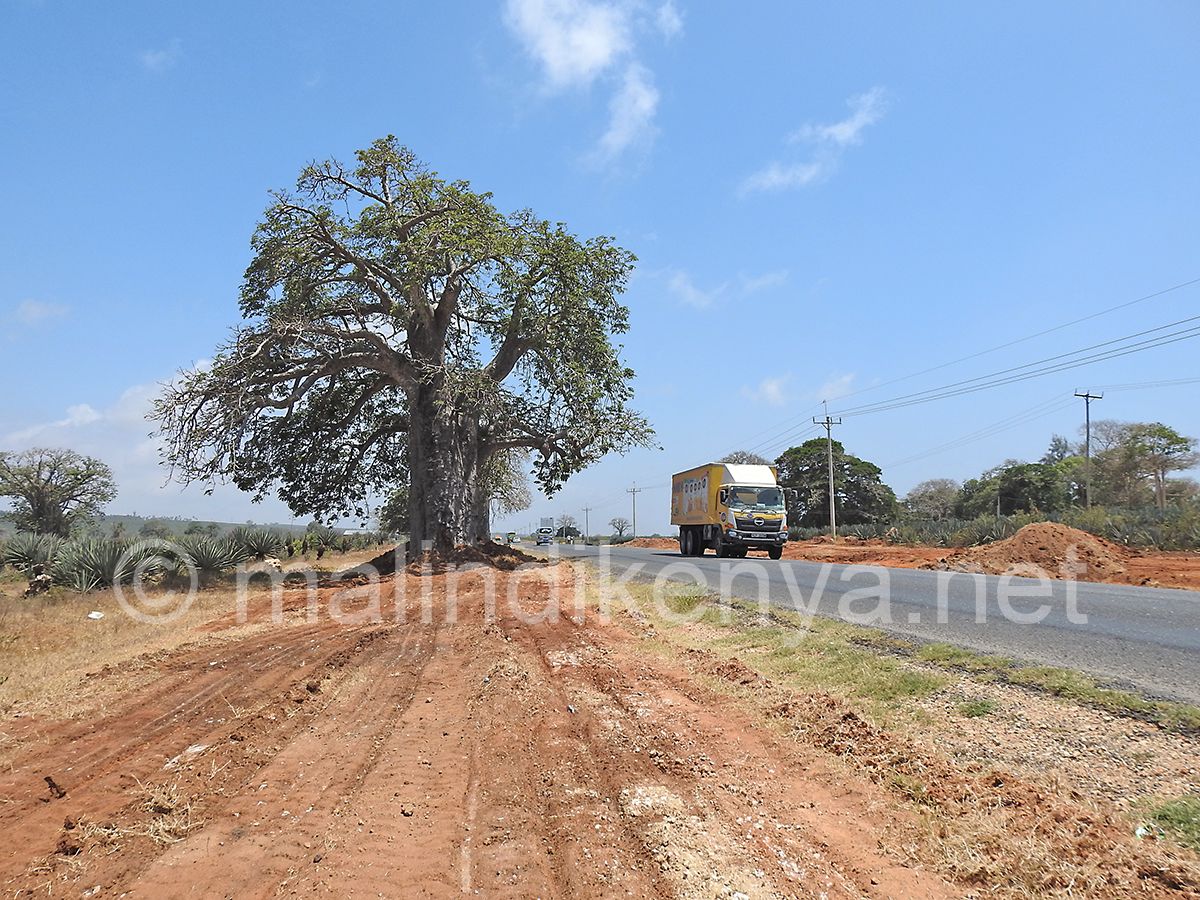
For us at Malindikenya.net it is now unthinkable not to combine the work of information and promotion of Kenya (now not only for Italians, given the many Europeans and Kenyans who read us daily) with our activities to protect the environment and for sustainable tourism.
The issue that is closest to our hearts is that of the baobabs that are present especially on the coast.
Some time ago, someone wrote to us that instead of carrying on the campaign to save the baobabs, we should be interested in the "real problems" of Kenya, such as health and hunger that brings the population to its knees and particularly children, and many other clichés that, for goodness sake, are certainly true and have always been present.
Apart from the fact that one thing does not exclude the other, we replied that it is precisely through the consciousness of not forgetting that source of natural subsistence, health and comfort that is the earth, that a poor civilization can be saved. Especially since in Kenya, with all the deprivations one can have, there is always a small piece of land for everyone, a plant to be shaken to obtain seeds and fruits.
This is something that we keep reminding Kenyans of and that many already know but, as we Italians have done with so many things and traditions, have evidently forgotten.
The seeds of the baobab tree, with which mothers have always made sugary candies for their children, for example, are pure vitamins and also replace calcium with their mineral salts. Many children are healthy and grow decently thanks to practically free habits like these. In addition, baobab powder, combined with milk for those who have it or even juice, is a powerful anti-hunger. And that's just one of the properties that make baobab one of the so-called "plants of life". There is oil, jams are made, tools and other objects can be created. Only the wood is useless and this shows why these millenary plants are still standing, otherwise they too would be victims of deforestation to make charcoal to be used in houses, huts and even in local restaurants instead of gas or other fuels, even natural ones. And yet they are cut down anyway because they are judged to be "cumbersome", enemies of construction, progress, easy money and the new concept of comfort.
Are these not also the problems of Africa? And they certainly cannot be solved by taking an interest in them or, worse, by complaining about them online or on social networks, but by instilling a collective awareness that, in our opinion, also passes through the baobabs.
For this reason we continue the work of mapping the historic and iconic baobabs of the Kenyan coast and yesterday we were in Vipingo, where work has begun on the widening of the dual carriageway that could cause the felling of baobabs at least 500 years old. Some of them who frequent or have frequented Kenya since flying over Mombasa and have traveled the road to Kilifi and then to Malindi, are one of the most beautiful and scenic postcards of Africa, both those in front of the mijikenda villages, from Kikambala towards the north, and the marvelous ones that adorn the sisal fields and hills of Vipingo. Our commitment lies in documenting their importance and making sure that the widening of the road does not eliminate them. Private individuals are already taking care of them, in their own lands, and no one seems to be able to stop them; at least the institutions should collaborate to stop these havocs. We go ahead with our project.
Meanwhile, watch and listen to Freddie's video on the baobabs of Vipingo. (IN ITALIAN)
ENVIRONMENT
by Freddie del Curatolo

That we wouldn't make it was almost written.
Only a...
NEWS
by redazione

A sigh of relief for the many Malindians who still believe in legends and who do not want baobabs, representing the souls of dear dead, to be cut off.
Malindi's "talking" baobab, Mbuyu Wa Kusema, will not be cut to...
AMBIENTE
by Leni Frau

Kill two birds with one stone.
There will certainly be a similar saying in kiswahili to say that at times not only can they solve the problems, but maybe they solve two at the same time, with a common action.
NEWS
by redazione
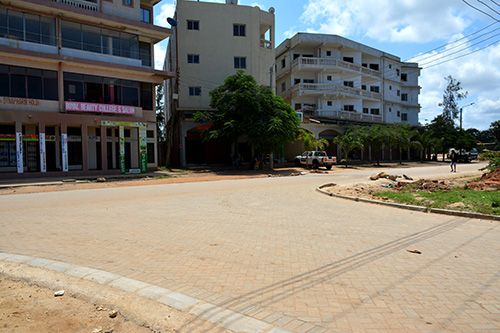
Malindi's "paving" continues, in order to streamline the traffic that with the development of the town increases day by day.
The laying works have been completed in these days and the entire stretch from the airport road (Malindi-Mombasa, from the...
EDITORIAL
by redazione

Calabrian folk singer-songwriter Peppe Voltarelli a few years ago, in his song titled "Lamenting a...
EDITORIAL
by Freddie del Curatolo
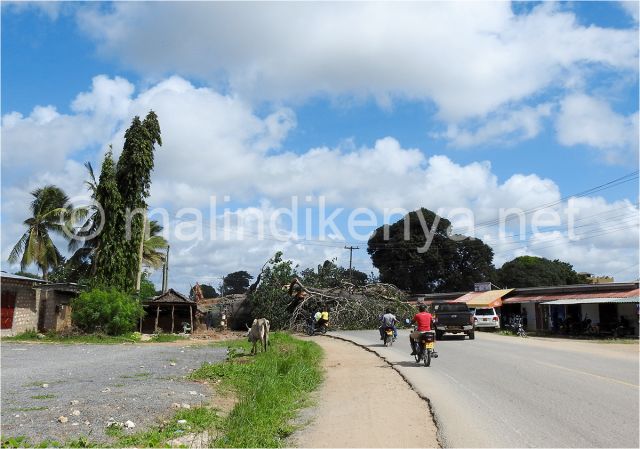
The news is that on Friday evening a giant, centuries-old baobab tree fell on the outskirts of the...
STORIES
by Freddie del Curatolo
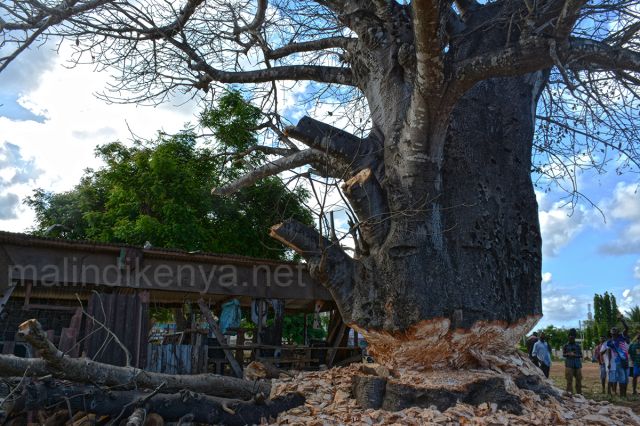
On the coast of Kenya there is a silent, daily crime that does not concern mankind and is not linked to any...
NEWS
by redazione
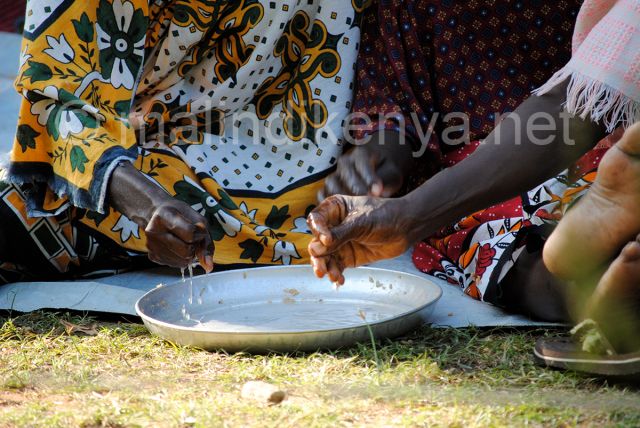
The situation is more than dramatic and in some ways appears irreversible.
Hunger has...
NEWS
by Freddie del Curatolo
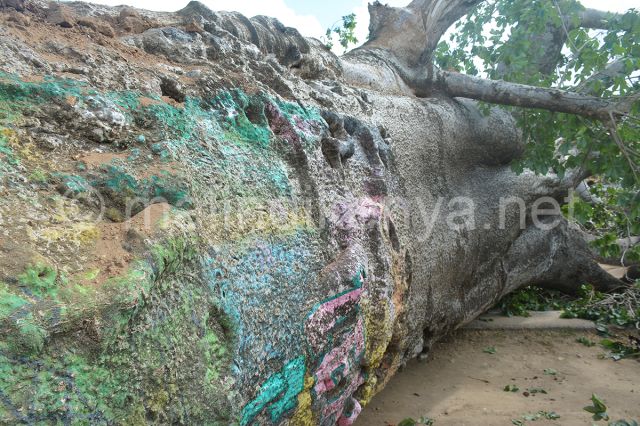
Kenya's baobabs are inevitably destined to disappear unless the new government takes timely and necessary countermeasures...

The world begins to discover the amazing properties of the African tree par excellence, the baobab.
The thousand-year-old ...

INFRASTRUCTURES
by redazione

The redevelopment of the Malindi roads, which urgently needed to be repaired, is proceeding at an
EVENTS
by redazione

Starting today from Uhuru Park in Nairobi, the 2023 edition of the legendary 'Safari Rally', one...